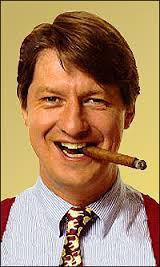 P. J. O’Rourke is the funniest serious writer I know. Or the most serious humorist. Even the “Acknowledgments” section of his book Eat the Rich is hilarious. Its subtitle is A Treatise on Economics – often called the dismal science. Some dispute that – denying economics is a science. But it’s normally no laff riot. O’Rourke makes it one while actually treating the subject in deadly earnest.
P. J. O’Rourke is the funniest serious writer I know. Or the most serious humorist. Even the “Acknowledgments” section of his book Eat the Rich is hilarious. Its subtitle is A Treatise on Economics – often called the dismal science. Some dispute that – denying economics is a science. But it’s normally no laff riot. O’Rourke makes it one while actually treating the subject in deadly earnest.
O’Rourke asks why countries are rich or poor. It’s not obvious. He starts by naming the usual suspects – brains, education, natural resources, culture, history, hard work, technology, government – and exonerating them all with counter-examples. Admittedly that’s a mite glib. While he says government doesn’t cause affluence, because places with a lot of government are often broke, the kind of government matters.
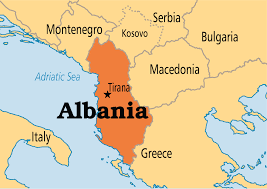
Next, Sweden: “Good Socialism.” This “socialist utopia” is often romanticized – the common mistake of confusing labels with reality. O’Rourke: “When the Social Democrats did get in office, they made socialism work by the novel expedient of not introducing any.” Instead, they retained a free market capitalist economy, and heavily taxed the resulting prosperity to fund egalitarian redistribution and social welfare spending. Swedes bought into this because, on the civil society spectrum, they’re at the opposite end from Albanians – really nice people who believe in egalitarianism and social welfare.
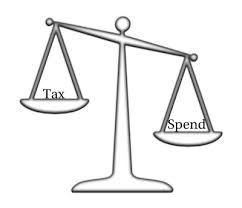
Guess what. Redistributing the fruits of prosperity might fly, but not redistributing fruits you’re not producing. Sweden got into a deep hole. But at least, being Swedish and sensible, they saw the need for retrenchment. So today’s Sweden is very much not what lefties dream.
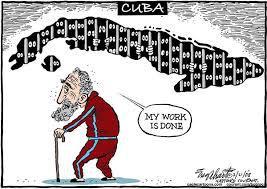
I mean, come on, really, you are.
O’Rourke quotes a Cuba guidebook that a museum’s antique furniture was “recovered from the great mansions of the local bourgeoisie” – “Tactfully put,” he says. “Outside the tourist areas, however, there was a fair danger of experiencing some freelance socialism; you might find that you were the local bourgeoisie from which something got recovered.”
Finally, Hong Kong: a tiny place with huge population density and no natural resources, poor as dirt when the Brits came in. They made it rich. How? By doing nothing. Just letting Hong Kongers freely do their own thing. The freest market economy on Earth. Today its per capita income exceeds Britain’s own (the Brits partly socialized themselves).

This sets the stage for O’Rourke’s summing-up chapter – a cogent, compelling defense of free market capitalism.
In pre-industrial times, nearly everyone was poor as dirt. Economic growth was approximately squat. Since then, growth has multiplied average incomes around tenfold. More efficient production is part of it. But you also need secure property rights, rule of law, and democratic (hence accountable) government. These are interconnected, and part of a society’s culture.
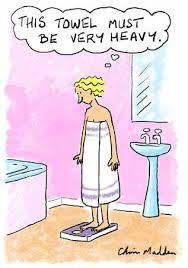
The common error is thinking Joe’s wealth causes Sue’s poverty. As though there’s a fixed amount of wealth to go around, and Joe having more means Sue having less. Not so. Mainly, the world’s Joes get richer by producing something of value, enlarging the pie, enabling Sue to have more too. So wealth is not an evil, it’s a good thing. And actually, the ethic of capitalism, as opposed to mere wealth, is to reinvest riches, not just hoard them. This also grows the pie.
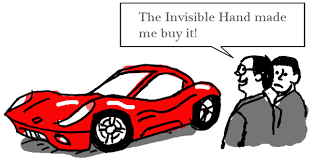

Here’s my own summation – also a concept that eludes many people (like Bernie, the Cuban government). All wealth comes from producing goods and services people need or want. Whatever encourages (or at least doesn’t hinder) folks getting on with it is good economic policy.
That is all ye know on earth,
And all ye need to know.
